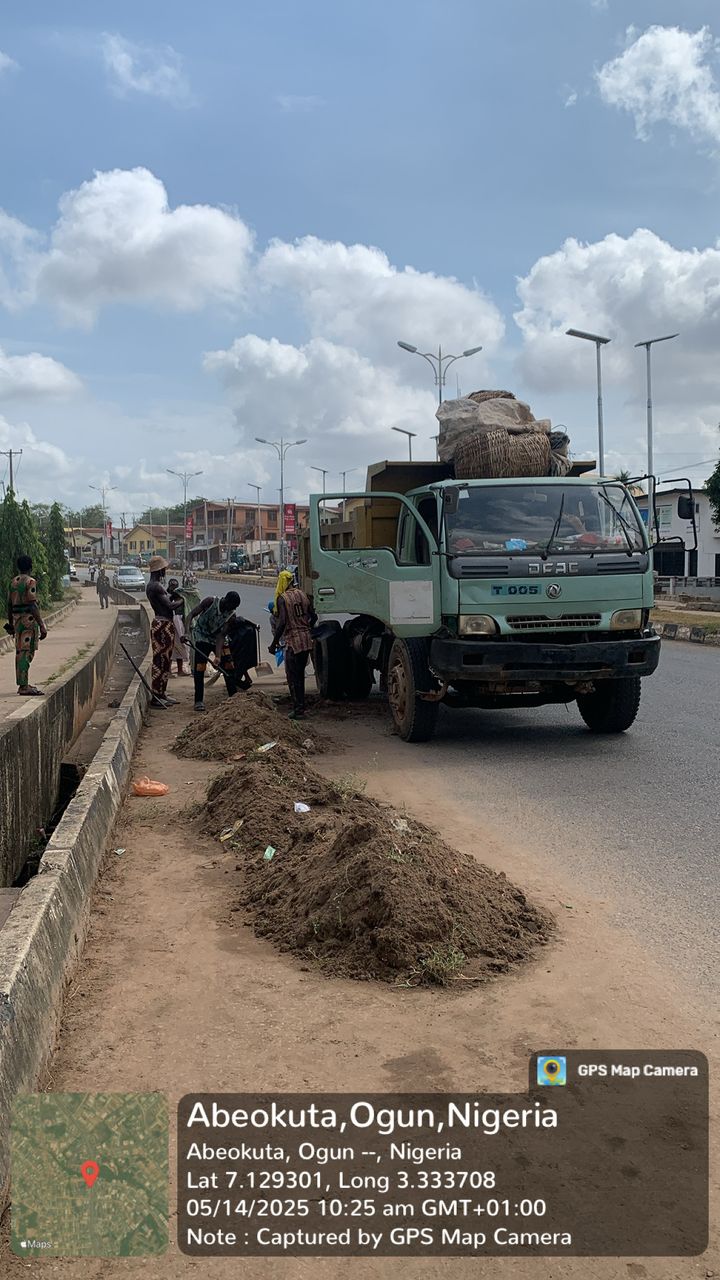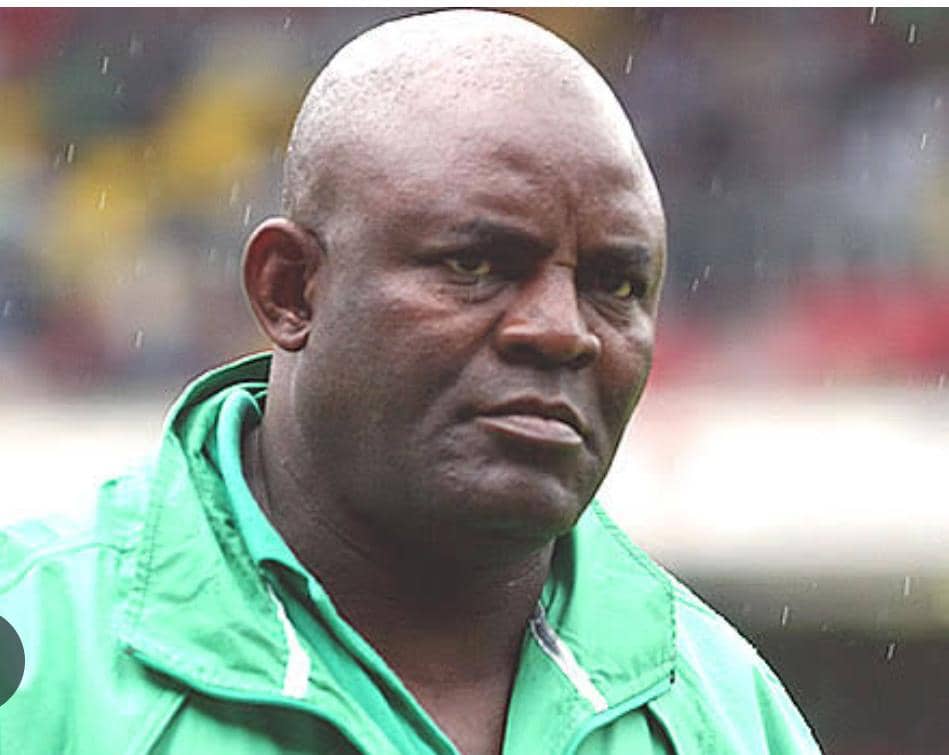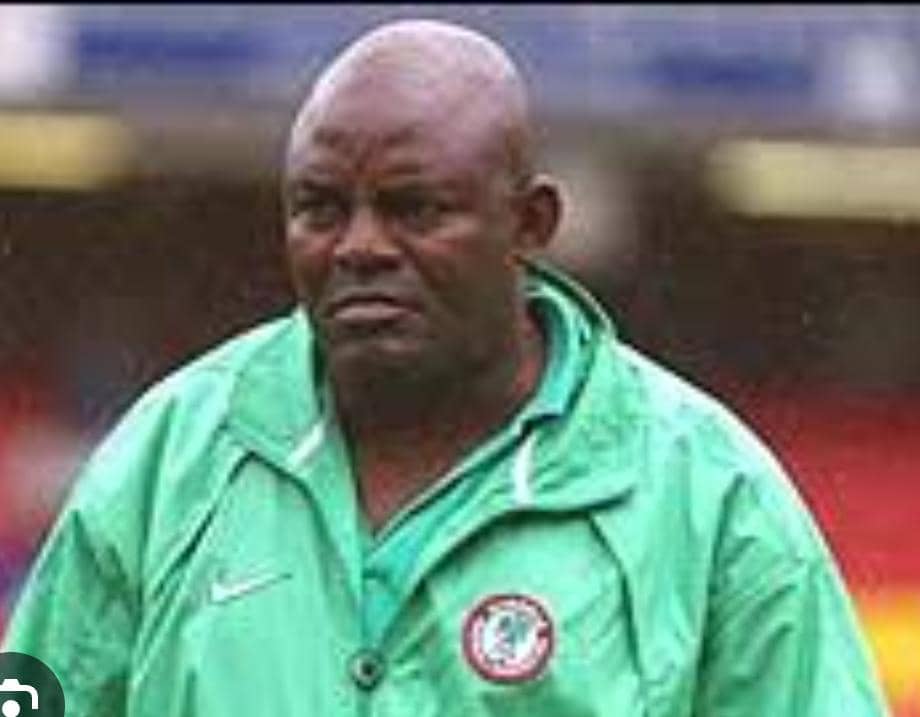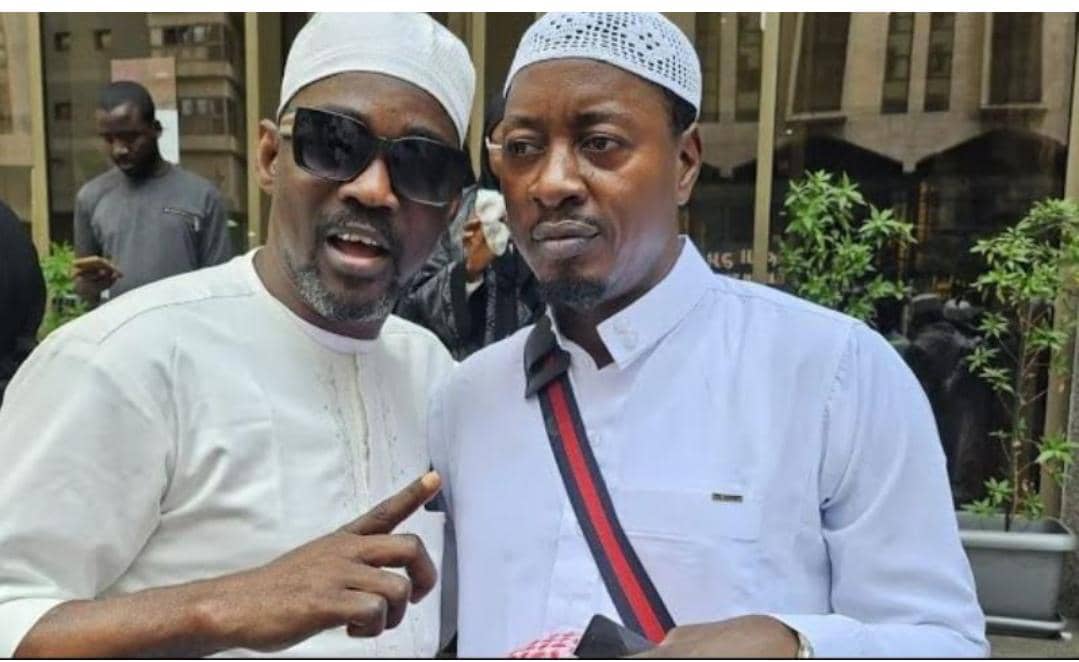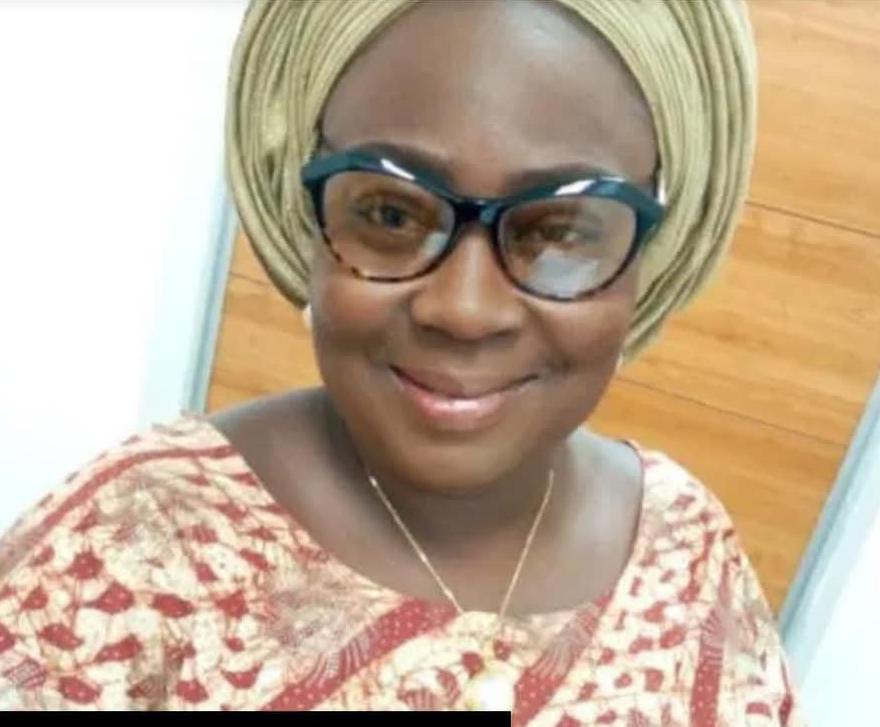
By Babafemi Ojudu
In many parts of our hinterland—and even in our cities—sudden death is often attributed to what the Yoruba call apepa—a mystical demise believed to be caused by malevolent forces who summon a person’s soul from afar. One is said to have been “called,” their life abruptly and mysteriously ended.
This belief, though deeply rooted in our culture, has often led to misplaced blame, suspicion, and years of acrimony among families and communities. But as our understanding of health improves, we must face the truth: most of these sudden deaths are not spiritual—they are medical. Preventable. Manageable. Treatable.
Conditions like undiagnosed hypertension, cardiac arrest, stroke, diabetes, and stress-induced breakdowns are responsible for many of these tragedies. These are not tales from the otherworld; they are the outcomes of neglect, fatigue, and silence.
Just recently, two heartbreaking incidents reminded us again of this painful reality.
In Abeokuta, Mrs. Bukola Agbakaizu, a well-loved broadcast journalist with Ogun State Television, reportedly slumped and died at her desk, in the line of duty. Known for her diligence and grace, she died doing what she loved. That alone makes her loss all the more devastating.
Much earlier, we received the shocking news of Mr. Kunle Akinyele, a retired Customs Chief and respected hotelier in Lagos, who slumped and died at the Thanksgiving reception for his wife’s 60th birthday. What was meant to be a celebration of life turned into an unspeakable tragedy.
Both were strong, accomplished individuals. Their deaths have left a painful void—not just in their families but in the communities they served and inspired. And yet, their stories are also a warning. A call to awareness. A call to action.
This past weekend, I found myself crisscrossing towns in the Southwest—attending weddings, funerals, chieftaincy celebrations, and birthdays. I wanted to show support, be present, and fulfill obligations. But by Sunday evening, I was completely drained. And I asked myself: At what cost?
At our age—particularly for those of us over 45—this constant movement, this inability to say no, this drive to be everything to everyone, is no longer sustainable. Our bodies send us quiet signals before they give way. The question is: Are we listening?
What we must begin to do, urgently and deliberately:
1. Know Your Numbers: Monitor your blood pressure, blood sugar, and cholesterol regularly. These are silent killers.
2. Annual Health Checks: Schedule a comprehensive medical exam at least once a year. Prevention is cheaper than cure.
3. Prioritize Rest: Even machines break down from overuse. Sleep, rest, recharge.
4. Exercise Wisely: A 30-minute daily walk or light stretches go a long way in preserving heart health.
5. Eat with Care: Cut down on salt, sugar, and processed foods. Let food be your medicine.
6. Hydrate Constantly: Dehydration contributes to fatigue, headaches, and other health complications.
7. Decline with Grace: Not every invitation must be honored. Choose health over appearances.
8. Seek Emotional Support: Talk. Share. Don’t bottle stress or pain. It’s not heroic to suffer in silence.
We must also begin to educate our communities: not all sudden deaths are spiritual attacks. Many are the result of long-ignored symptoms, dangerous habits, and avoidable delays. We must trade superstition for science, suspicion for support, and myth for truth.
Let me share a personal experience that brought this home even more starkly.
A friend of mine had been battling diabetes for years. Instead of seeking proper medical care, he relied heavily on herbs. About three weeks ago, he visited me, and I noticed he looked unwell. I pressed him for answers, and not satisfied with what I heard, I gave him money to go for a medical check-up. He didn’t go.
Days later, I couldn’t shake the feeling that something was wrong. I sent one of my aides to check on him. To my horror, he had been moved—not to a hospital—but to a relative’s house in a dire state. We searched for him, found him on the brink of death, and rushed him to the hospital. Thankfully, with the swift intervention of Dr. Ariyo and his team at the Ekiti State University Teaching Hospital, he was stabilized and is still on admission today. He is alive—but only just.
That story could have ended differently—like so many others we have mourned.
This message is for the middle-aged and aging among us, for caregivers, professionals, leaders, and public servants who carry the world on their shoulders. It is also for our traditional and cultural custodians, who must begin to champion wellness as urgently as they do tradition.
Let us honor the memories of Mrs. Bukola Agbakaizu and Mr. Kunle Akinyele—not only by mourning but by heeding the warning their passing represents. Let their lives and their loss awaken us to the fragility of life and the power of timely care.
May their souls rest in perfect peace. May we, the living, make a solemn commitment today to care more intentionally for the only body we have.



